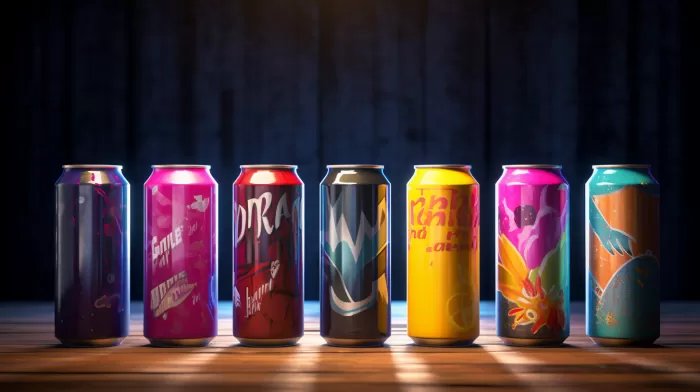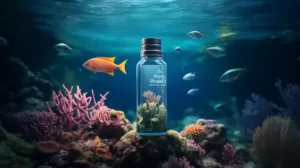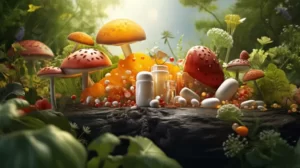Feeling perpetually tired is a common problem for most of us, and many people turn to energy drinks hoping for a quick-fix solution to their fatigue. However, research from Harvard suggests that there are five key health risks associated with consuming these beverages. Here’s a closer look at why you should steer clear of energy drinks:
1. They can provoke mental health problems
Numerous studies have found a correlation between energy drink consumption and an increased risk of stress, anxiety, depression, suicidal thoughts, and substance abuse.
2. They can harm your heart
A recent study determined that drinking just 355ml of an energy drink puts a strain on the heart by increasing blood pressure, heart rate, and cardiac output, putting you at a higher risk for heart disease.
3. They can increase your risk for obesity and diabetes
Energy drinks contain large amounts of sugar. Just like other sugar-filled beverages, they increase your risk of high blood sugar, insulin resistance, weight gain, and type 2 diabetes.
4. They can damage your kidneys
The high sugar content in energy drinks is also bad for your kidneys. Research shows that sugar-sweetened beverages are linked to kidney damage and worse outcomes for chronic kidney disease sufferers.
5. They can cause dental problems
Like other sugary drinks, energy drinks encourage the growth of bad bacteria in your mouth, contributing to tooth decay and cavities.
Now that you know the risks associated with energy drinks, you might be wondering where the dangers come from. The two primary culprits are excessive sugar and caffeine. Energy drinks can contain up to 100mg of caffeine per fluid ounce, which is eight times more than a cup of coffee. While it’s generally safe and even healthy to drink up to 400mg of caffeine per day, just 2 ounces of the worst energy drinks can contain a daily maximum of 207mg. Furthermore, a typical energy drink contains 54 grams of sugar, more than you’ll find in most sodas, and the sugar used tends to be the most unhealthy kind, such as high fructose corn syrup, sucrose, and artificial sweeteners.
Instead of relying on energy drinks, take a closer look at your lifestyle habits and consider addressing any problems with your diet and exercise routines, which might be contributing to your fatigue. If you need a quick boost of energy, consider opting for healthier alternatives like tea or coffee, which have well-documented health benefits. You can also try:
- Yerba mate, kombucha, or chlorophyll-based drinks that energize without causing jitters.
- Nutrients that help restore your energy, including alpha lipoic acid, carotenoids (such as lycopene, lutein, zeaxanthin, and B-carotene), CoQ10, glutathione, omega-3 fatty acids, curcumin, and more.
Taking a proactive approach to your personal energy crisis will yield long-term, sustainable benefits without compromising your overall health.



